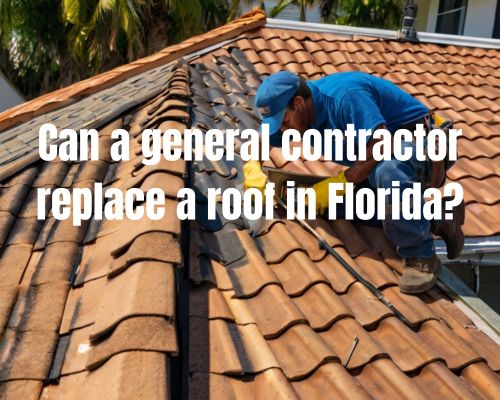Should Water Stay in Gutters?

Key Considerations for Home Maintenance
“Water should not stay in gutters. Gutters are meant to guide water away from your home and its foundation. If water remains in your gutters, it could indicate clogs, improper slope, or other issues that require immediate attention.” said Mike Owen from Gutters Of West Palm Beach.

Standing water in your gutters can lead to severe problems such as leaks, structural damage, and even foundation weakening.
Addressing the root cause of standing water in gutters is critical.
Clogged gutters with leaves, twigs, and debris can obstruct water flow, causing the water to pool.
Regular maintenance and cleaning are essential to ensure your gutters are functioning correctly and protecting your home.
Neglecting to fix standing water in gutters can result in long-term damage.
By ensuring that your gutters are properly sloped and free of obstructions, you protect your home against water damage and preserve your foundation’s integrity.
Taking action now can save you from costly repairs in the future.
Understanding the Impact of Water in Gutters
Standing water in gutters can lead to various issues, including structural damage and microbial growth, which can affect the health of your home and its occupants.
The Risks of Standing Water in Gutters
Standing water in gutters can cause significant problems.
When water accumulates, it can lead to mold and mildew growth. These microorganisms not only emit unpleasant odors but can also pose health risks like respiratory problems.
Another risk is structural damage.
Water that sits too long can seep into your home’s fascia boards, causing wood rot and weakening the overall structure.
During colder months, standing water can freeze and expand, risking the integrity of the gutter system itself.
Rust is another concern.
Metal gutters are prone to rust when exposed to standing water for extended periods. Rust can wear down the material, leading to leaks and necessitating costly repairs.
Consequences of Inadequate Gutter Maintenance
Inadequate gutter maintenance can escalate the problems caused by standing water.
One of the primary culprits behind water accumulation is clogged gutters. Leaves, twigs, and other debris can obstruct water flow, resulting in standing water.
Mold and mildew can spread from gutters to other parts of your home if not addressed promptly. This can lead to further health risks and more complicated remediation efforts.
Additionally, overflowing water can spill over the sides of the gutters, causing soil erosion around your home’s foundation.
Neglecting gutter maintenance can also result in rust and deterioration over time.
Regularly cleaning and inspecting your gutters can prevent these issues from turning into severe damage that requires extensive repairs.
Keeping Gutters Functional
Maintaining gutters is integral for their proper function, as they direct water away from your home.
Effective cleaning and addressing drainage issues are key aspects to ensure that your gutters are working correctly.
Effective Cleaning and Maintenance Strategies
Regular maintenance is vital for keeping gutters functional.
Frequent cleaning is necessary to remove leaves, twigs, and other debris that can clog gutters.
This can be done manually with a scoop and ladder or using a garden hose to flush out residues.
Gutter guards can be an excellent preventive measure.
These covers, made of various materials, help block debris while allowing water to flow freely. The use of guards reduces the frequency of cleaning and prevents blockages.
Professional services offer another solution, especially if you are uncomfortable performing the task yourself.
Experts can conduct a thorough cleaning and inspection, identifying potential issues that may otherwise be missed.
Solutions for Improving Water Drainage
Proper slope adjustment is crucial for optimal water drainage.
Gutters should have a slight incline towards the downspouts. Aim for about 1/4 inch for every 10 feet. This helps ensure water flows efficiently and reduces the risk of standing water.
If you notice water pooling, reinforcing or replacing gutters may be necessary.
Over time, gutters can sag due to the weight of accumulated debris and water, leading to improper drainage. Check and replace hangers or other structural components to maintain the correct slope.
In cases of severe blockages or damages, professional gutter installation may be required. See Mike Owen from Gutters Of West Palm Beach for a quality work.
These services can provide high-quality solutions and ensure your gutters are properly aligned and securely fastened.
Ensuring clear, functional gutters helps prevent home damage. This makes regular upkeep and appropriate adjustments essential tasks.






